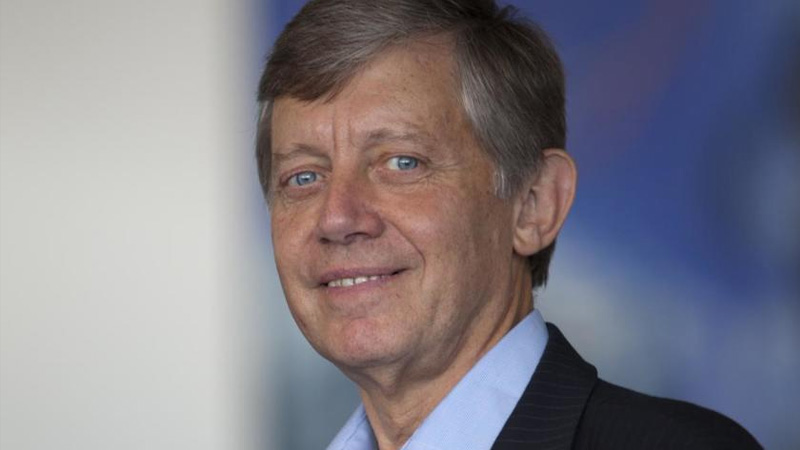TBC issues flagged with stopping a pension

SMSF professionals will need to keep a close eye on transfer balance accounts where clients plan to commence or cease a pension, as there could be significant transfer balance cap consequences in the current environment.
SuperConcepts executive manager of SMSF technical and private wealth Graeme Colley has reminded SMSF professionals and their clients that stopping pensions when investment markets have fallen rapidly may have some negative consequences in terms of the transfer balance cap.
In an online article, Mr Colley said that for anyone receiving a superannuation pension or starting a pension from 1 July 2017, the transfer balance cap has become an integral part of their superannuation.
“The transfer balance cap of $1.6 million, for most people, limits the amount that can be used from accumulated superannuation savings to commence a pension, which is in retirement phase, including death benefit and reversionary pensions,” he reminded SMSF trustees.
Stopping a pension where investment values have dropped, he said, may have some consequences for transfer balance cap purposes which clients will need to consider.
Mr Colley gave an example of an SMSF member, Diane, that commenced an account-based pension in July 2019 with a value of $1.3 million, which is counted towards her transfer balance cap.
“This means that her transfer balance cap balance will have a credit of $1.3 million. In April 2020, there is a big fall in the market value of the fund investments supporting Diane’s pension to $800,000,” he explained.
“If Diane decided to stop her pension then, and transfer it to her accumulation account, in the fund there would be a debit to her transfer balance cap account of $800,000.”
After stopping the pension in April 2020, Mr Colley said her transfer balance cap account would still be in credit to the tune of $500,000 ($1.3 million less $800,000) even though she is not drawing any pension from the fund.
“If the investment markets rise dramatically in market value before Diane commenced a new pension, she may find her accumulation balance has increased significantly. It may have been better for her to remain in pension phase, as stopping the pension may have not been the best strategy for her transfer balance cap,” he cautioned.
“The trap that can occur with drops in investment values is it can give a false impression that it is possible to commence a new pension up to the value of the original pension.”
However, if the SMSF member was to do that, Mr Colley warned that her transfer balance cap balance would increase with a credit of $1.3 million.
“When added to the transfer balance cap account credit of $500,000, she would end up with a credit transfer balance cap balance of $1.8 million. This would result in an excess transfer balance cap determination being issued by the ATO,” he explained.
If it is expected that investment values will rise, Mr Colley said it may be an advantage to commence a pension.
“The reason is that the amount used to commence the pension will be counted as a credit against a person’s transfer balance cap. Any increase in the value of investments which supports the pension once it has commenced, will not be counted against the person’s transfer balance cap,” he said.
As different SMSF clients will have different reporting dates with the transfer balance account, Mr Colley said it is worthwhile to keep a check on any pensions which have not been reported to make sure a person’s transfer balance account balance is fully up to date and that excesses do not arise from certain situations. These situations include a pension commencing, including death benefit pensions, a pension being commuted and transferred to accumulation phase or withdrawals from the fund as a lump sum.
“The impact of commencing and ceasing a pension since 1 July 2017 has required better planning and timing that in the past,” he said.
“There are situations when there are rises and falls in investment markets, as well as making sure an individual has accurate information on the values that were used to commence pensions for transfer balance cap purposes, as they may differ from their current balances.”

Miranda Brownlee
Miranda Brownlee is the deputy editor of SMSF Adviser, which is the leading source of news, strategy and educational content for professionals working in the SMSF sector.
Since joining the team in 2014, Miranda has been responsible for breaking some of the biggest superannuation stories in Australia, and has reported extensively on technical strategy and legislative updates.
Miranda also has broad business and financial services reporting experience, having written for titles including Investor Daily, ifa and Accountants Daily.






